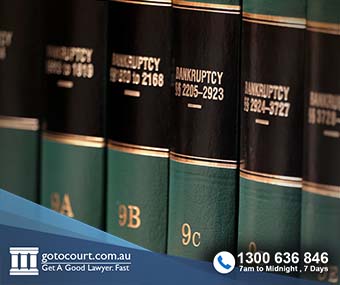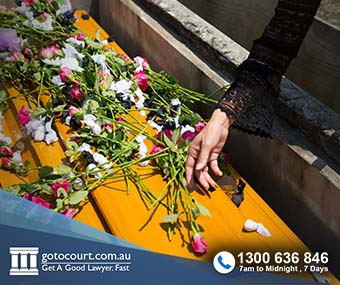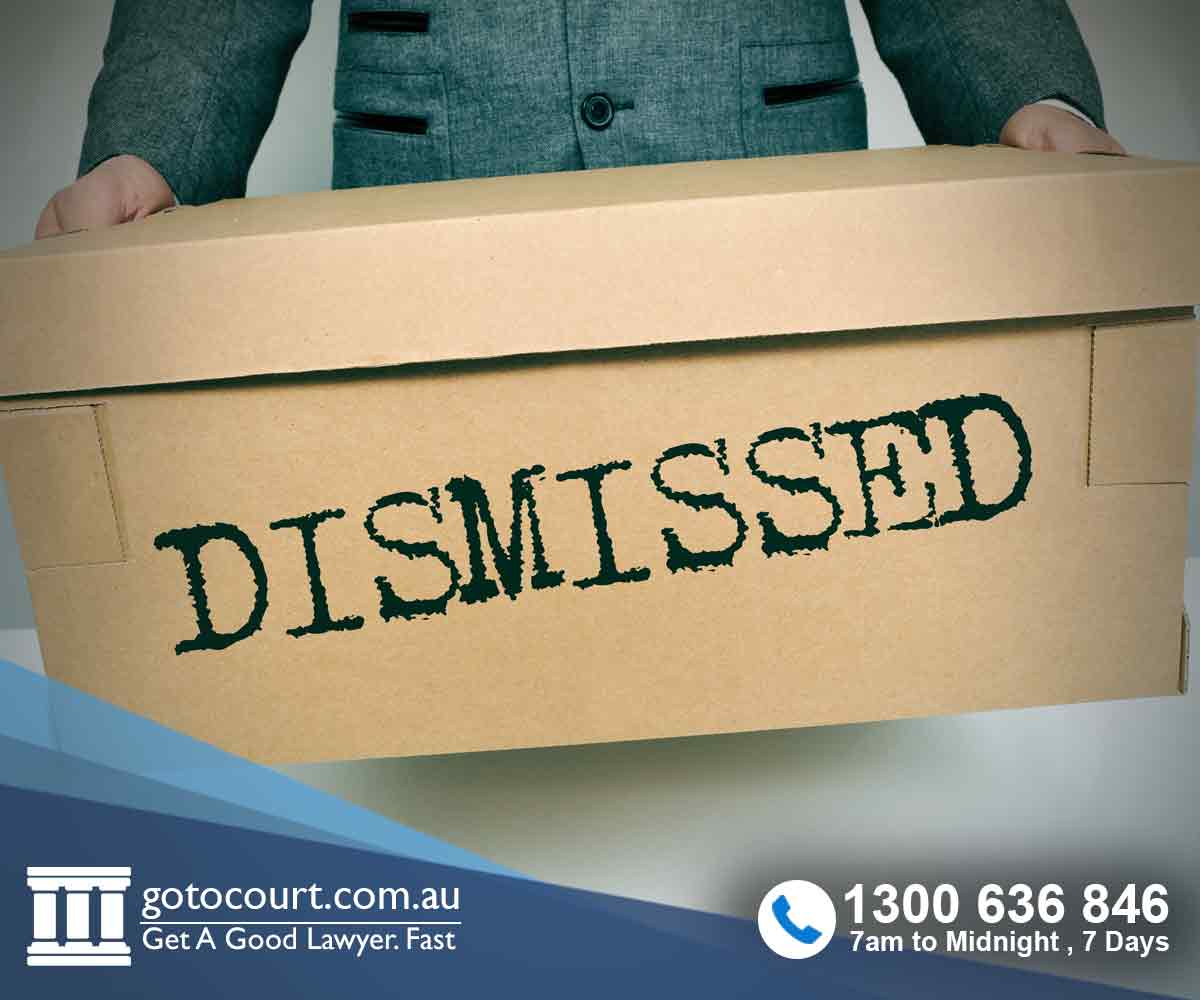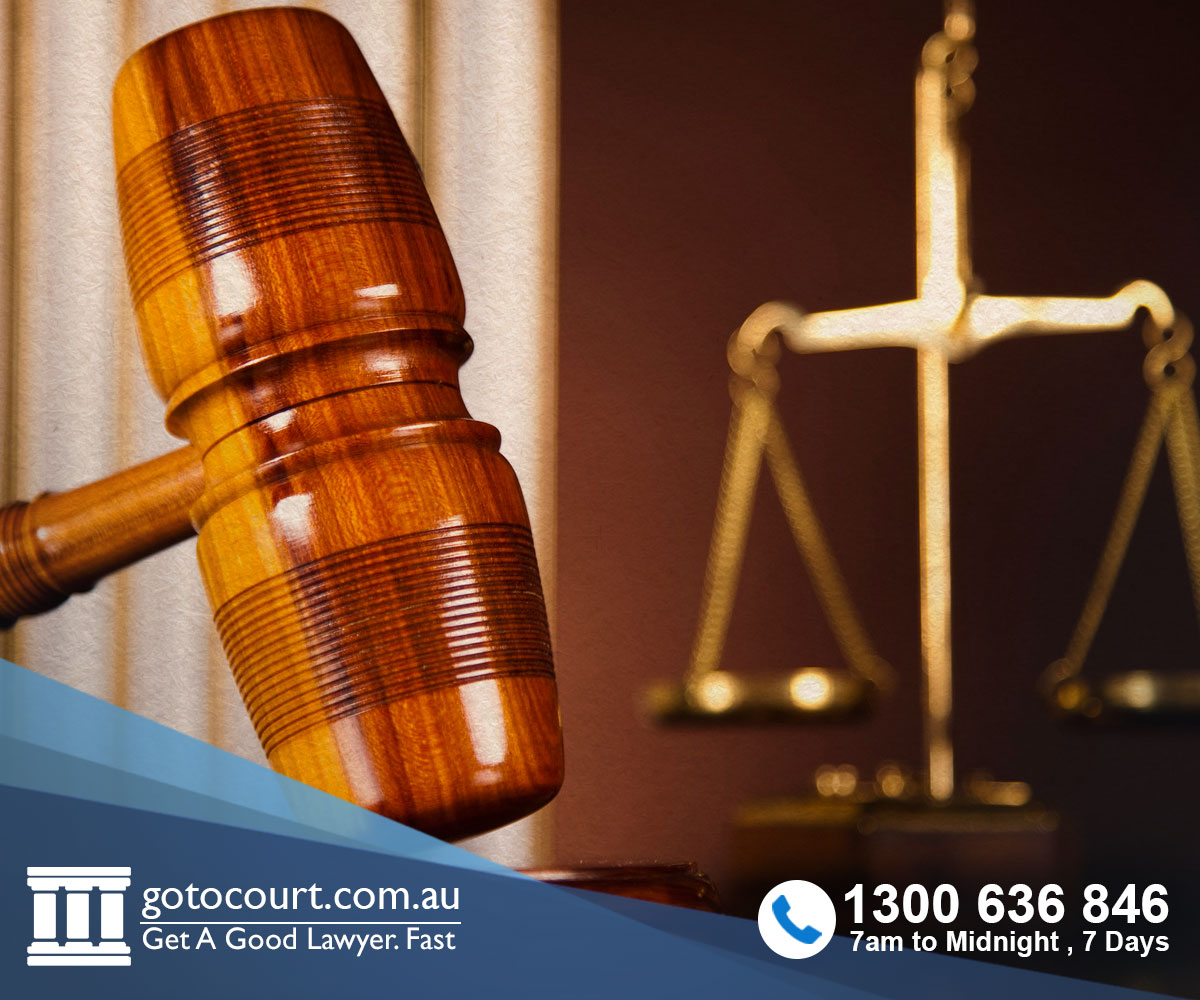Executors (Tas)
A testator appoints a person as executor in their will to manage their affairs after their death. In Tasmania, an executor of an estate has considerable responsibility for the deceased estate administration. Particularly, this person safeguards the deceased’s assets during the probate period until they are transferred to the designated beneficiaries. An executor who does not take their responsibility seriously can cause considerable damage to the deceased estate and the beneficiaries’ interests. This article outlines the role of the executor in Tasmania, with particular focus on the risk of executor misconduct.
An executor can be any adult with legal capacity. A testator often chooses a close friend or family member to act, but it is also possible to appoint a professional to administer the estate. It is best for a testator to appoint more than one executor to provide contingency and oversight. In Tasmania, if multiple appointed executors are willing to act, they can act as co-executors of the estate. In that case, they have joint authority and must agree on major decisions, such as selling real property and defending the estate in court. For smaller estate administration matters, such as selling household furniture, either party can act on behalf of the deceased estate. This arrangement allows for a more efficient sharing of responsibility as a pair can support each other and work to their own strengths. Many testators appoint a solicitor to manage the administrative duties of the executor, while a family member takes care of personal property and the deceased’s pets during the probate period.
Renunciation
Just because a testator lists a person as an executor in their will, does not mean that the nominated person must accept the responsibility. A nominated person can instead ask the State Trustee of Tasmania to act on their behalf. Alternatively, the designated executor can sign a renunciation. Although the nominated person might consider it helpful to complete a few preliminary tasks before handing over responsibility, it is essential for them to turn over the responsibility prior to commencing any executorship duties. Once a person has undertaken any executor duty, they have implicitly accepted the role and it is much harder to renounce. A person who is unsure whether they should accept the responsibility should consult a solicitor before taking any action.
Duties Of An Executor In Tasmania
Executors are responsible for administering the deceased’s will in line with the deceased’s wishes. Broadly speaking, they should follow the deceased’s instructions precisely. However, the executor can only follow testamentary instructions if they are in line with the laws that govern wills and estates in Tasmania. At all times, they must act honestly and with due care to protect the deceased estate, but they do not need to be impartial. In fact, most have a vested interest in the estate as beneficiaries of the will.
Executors might be in charge of the following duties while managing a deceased estate:
- Make burial and funeral arrangements;
- Meet with the deceased’s family members and business and legal associates;
- Advise beneficiaries of the will and mediate disputes between parties;
- Prepare a Statement of Assets and Liabilities;
- Obtain probate grant and attend to legal issues;
- Collect, store and insure assets and valuables;
- Protect assets of the estate and business interests;
- Distribute estate; and
- Establish any ongoing trusts.
Executor Commission
Acting as an executor can be a challenging responsibility that involves many hours of labour. As an executor is often also a primary beneficiary of the will, it is in their best interest to administrate the estate swiftly and efficiently. Otherwise, a testator might make a small provision for them in their will in recognition of their efforts.
Under the Administration and Probate Act 1935, the executor can apply for an “executor’s commission” for their efforts on behalf of the deceased estate. The Supreme Court makes orders to defray any of the costs and expenses incurred during the estate administration. Additionally, they can claim a “just and reasonable” commission, not exceeding 5% of the total estate, for their “pains and trouble”.
In Tasmania, if the testator appoints their solicitor to act as executor, the solicitor cannot receive an executor’s commission unless the deceased received independent legal advice on the matter prior to signing the will.
Executor Misconduct In Tasmania
An executor has a fiduciary duty to care for the deceased estate so that the beneficiaries do not suffer loss. If the executor breaches their duty of care, they can be personally liable. For instance, a beneficiary can complain to the Supreme Court of Tasmania if an executor fails to act with diligence or deliberately misappropriates funds. They must also answer to the court if there is an unreasonable delay in the administration of the estate.
If you require legal advice or representation in any legal matter, please contact Go To Court Lawyers.








